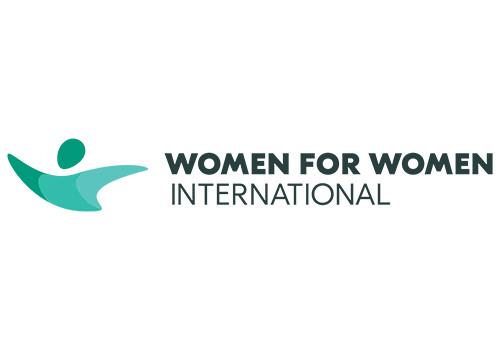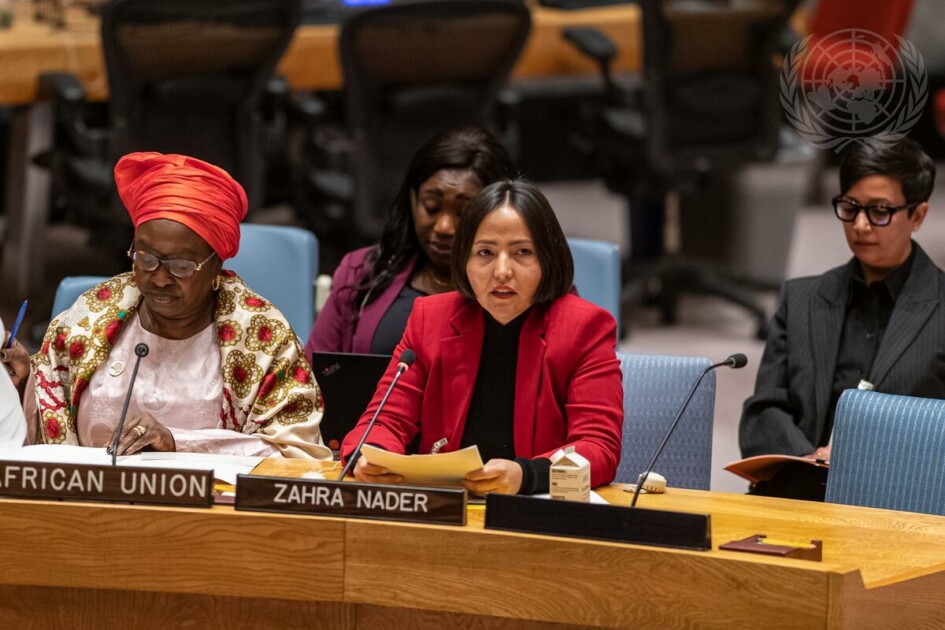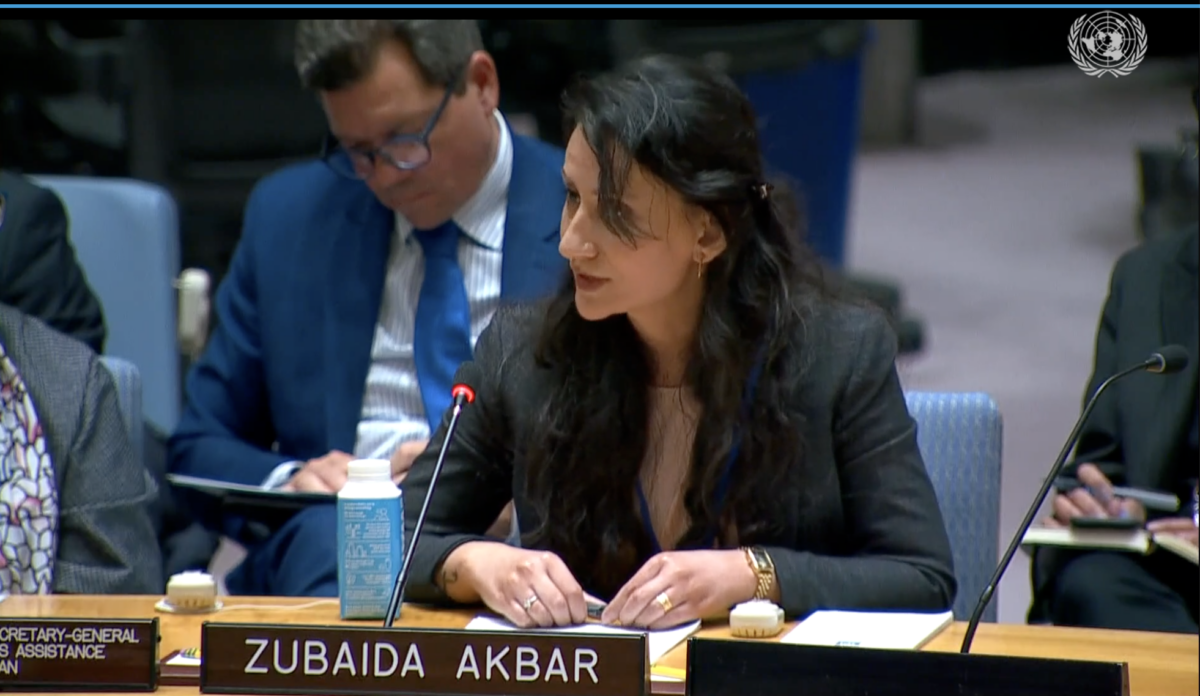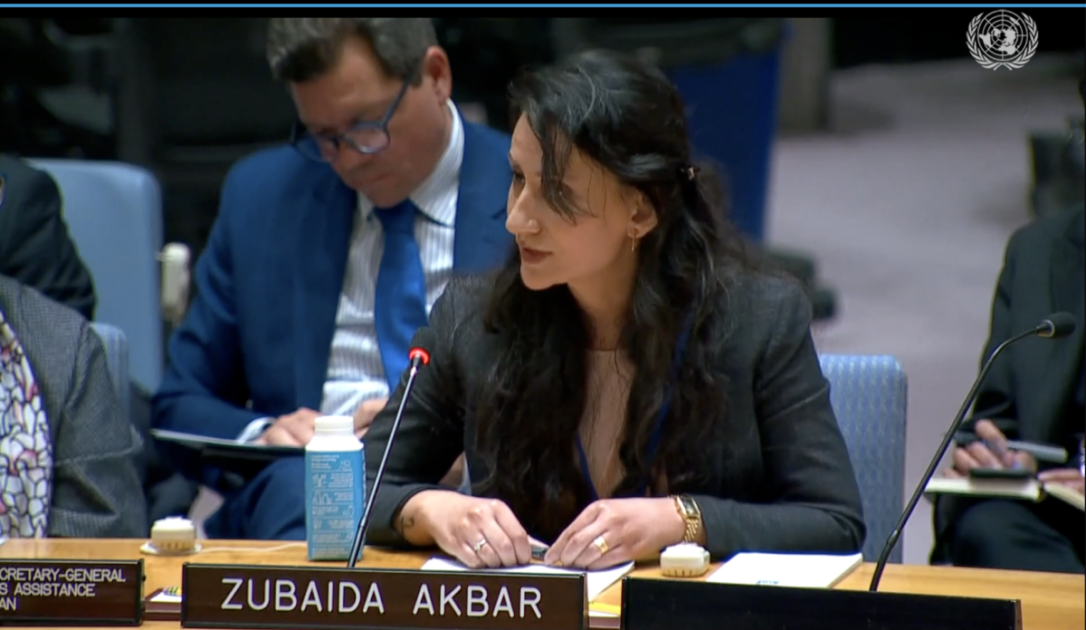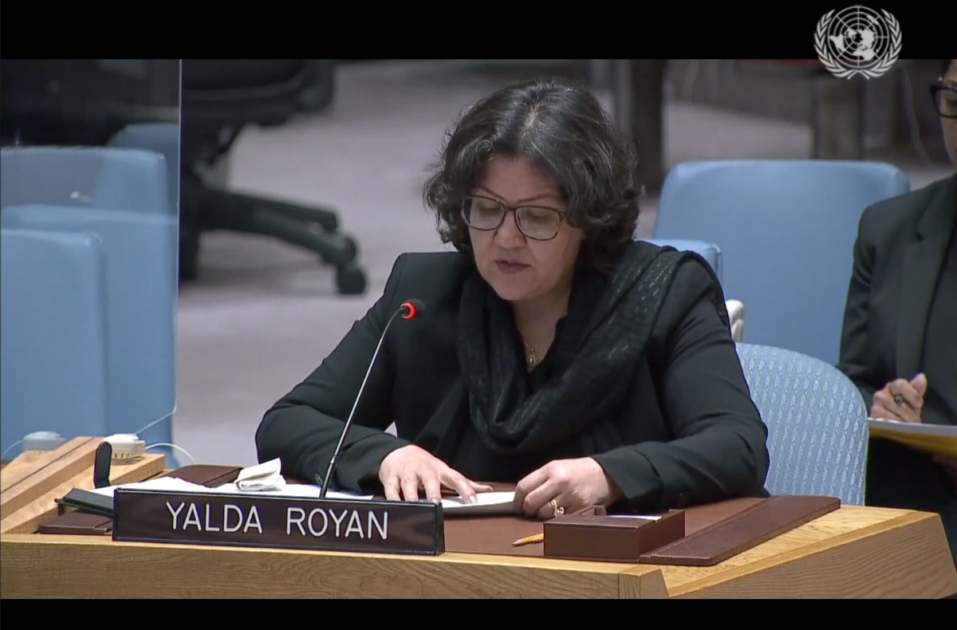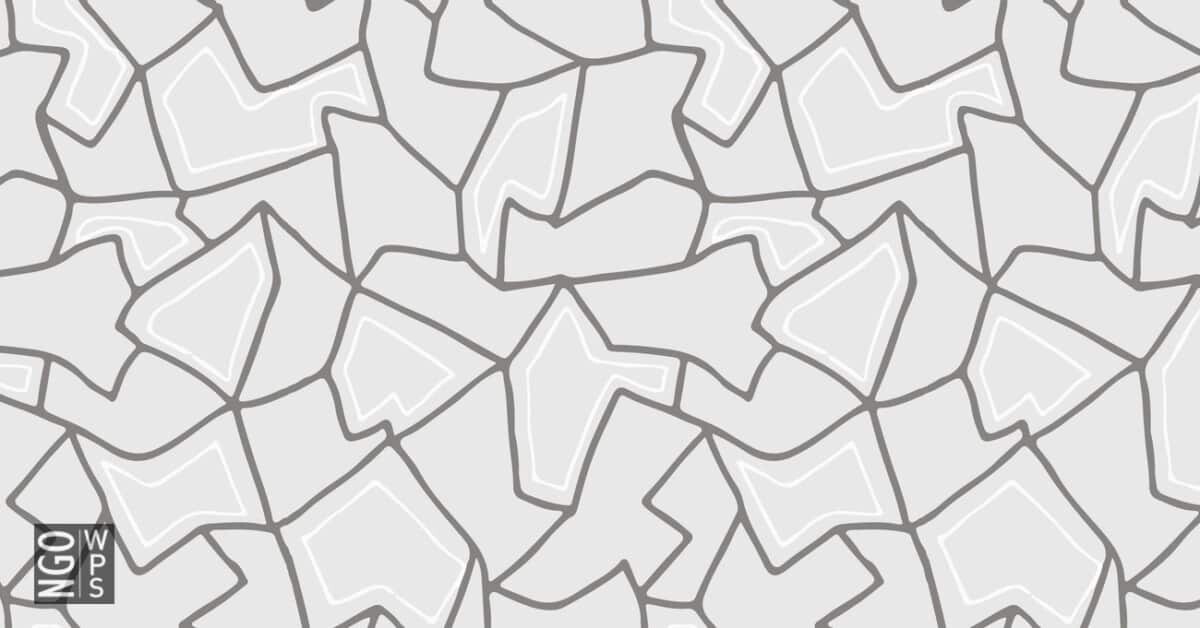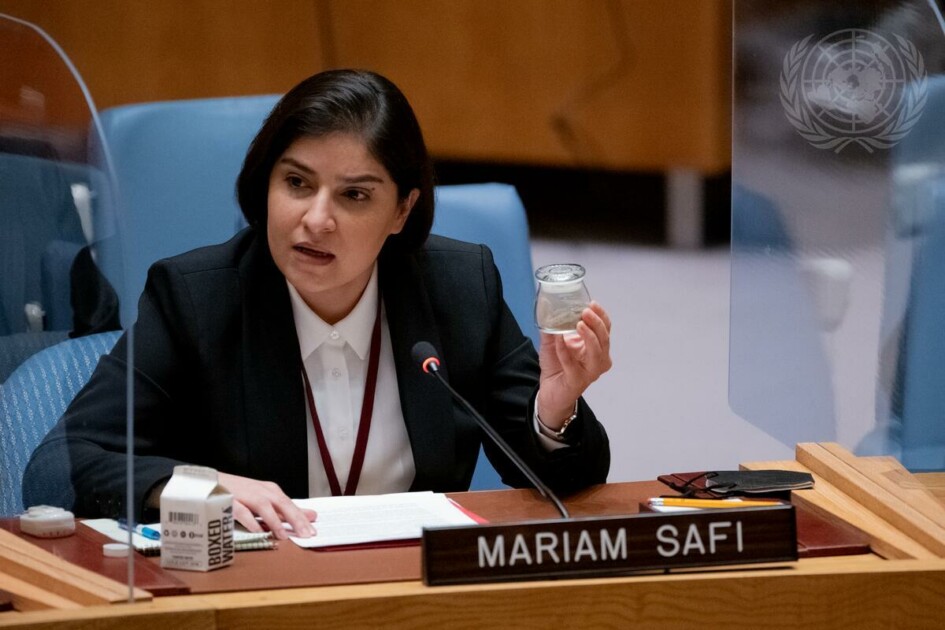Afghanistan
Afghanistan
Afghanistan has been engulfed in violent armed conflict since the fall of the Taliban regime in 2001, and efforts to build sustainable peace while preventing the re-establishment of extremist rule depend on the inclusion of women.
Living in the most dangerous place in the world to be a woman, as the Thomas Reuters Foundation revealed in 2011, Afghani women have emerged as leaders in the peace process— advocating constantly for more inclusive government, and inspiring marginalized groups nationwide to demand a place in the political system. Despite the important role that Afghani women play in bringing about social change in Afghanistan, many barriers to their involvement still exist.
Based on the work of NGOWG members and their partners, the NGOWG advocates for eliminating these barriers by encouraging UNAMA to support the Afghan government in fully implementing the National Action Plan on Women, Peace and Security (NAP), and ensuring women’s full and equal participation in regularly held elections.
Current and Past Recommendations to the UN Security Council (Monthly Action Points)
Since taking power nearly three years ago, the Taliban have systematically violated women’s human rights in both policy and practice by codifying gender-based discrimination across nearly every aspect of public and private life, including the recent announcement that the Taliban intend to resume public stoning of women as punishment for adultery. UN human rights experts continue to stress that the ongoing escalating, systematic, and grave human rights violations directed at women, girls, LGBTIQ people, and people of diverse gender identities may amount to gender persecution, a crime against humanity. International experts have further warned that the situation could be characterized as gender apartheid, and called for its codification as a crime against humanity. Women and girls from minority ethnic and religious groups, like the Hazara, face additional violence and discrimination. The Taliban continue to target activists, journalists, and human rights defenders (HRDs), including women protestors, who have been detained without any charge or access to legal representation and have faced abuses in custody, including torture. UN human rights experts have expressed deep concern over women and girls being arbitrarily arrested, detained, and subject to ill-treatment for wearing “bad hijab” and allegedly violating the Taliban’s dress code.
23.7 million people, almost 80% of whom are women and children, require humanitarian aid; 13.3 million people need GBV services; and one-third of Afghans are projected to face emergency levels of food insecurity (IPC 3 or above) in 2024, disproportionately affecting women and girls. To date, only 16.3% of the 2024 Humanitarian Response Plan request for $3.06 billion USD has been funded, and challenges to the work of women-led organizations (WLOs), already severely restricted due to the Taliban’s directives, are further exacerbated due to bureaucratic impediments.
During forthcoming meetings, Council members should:
- Demand that the Taliban immediately reverse all policies and practices that restrict the full enjoyment of women’s human rights, in accordance with Afghanistan’s international obligations, including the Convention on the Elimination of All Forms of Discrimination Against Women (CEDAW), as well as relevant Security Council resolutions, including Resolution 2681 (2023).
- Ensure that both women’s rights and the full, equal, meaningful and safe participation of diverse Afghan women and LGBTIQ people, especially WHRDs and peacebuilders, are included in all discussions and outcomes by the Security Council, UN, or international community about Afghanistan’s future, including any future mechanisms for international engagement on Afghanistan, such as UN-convened meetings of Special Envoys and Special Representatives on Afghanistan in Doha, Qatar and the work of a UN Special Envoy on Afghanistan.
- Ensure that the Special Envoy on Afghanistan, due to be appointed, has a strong track record on human rights and women’s rights, and senior gender and human rights expertise on their team, and that they regularly and meaningfully engage with diverse Afghan women civil society and HRDs, and ensure that their views inform all aspects of the Envoy’s work.
- Call for the immediate reversal of the ban on Afghan women working for the United Nations and NGOs, which is in violation of the UN Charter and CEDAW, and call for all humanitarian actors and their donors to ensure safe, gender-responsive, principled, and non-discriminatory humanitarian delivery to all Afghans in need. This includes supporting the participation and leadership of women in humanitarian action, ensuring that women aid workers are not replaced by men, and covering costs or taking any additional measures to ensure their full and equal participation. Further, the UN system and international donors should allocate increased flexible and direct funding to local and national civil society and humanitarian organizations, including WLOs; ensure intersectional gender analysis informs the crisis response, and adequately fund protection and GBV programming.
- Call for all parties, including the Taliban and other armed groups, to respect international human rights and humanitarian law, immediately stop targeting HRDs, peacebuilders and journalists, and release all those who have been arbitrarily arrested and detained.
- Call for accountability for all violations of international human rights and humanitarian law, and support measures to investigate and prosecute those responsible for such violations.
Relevant Resources
